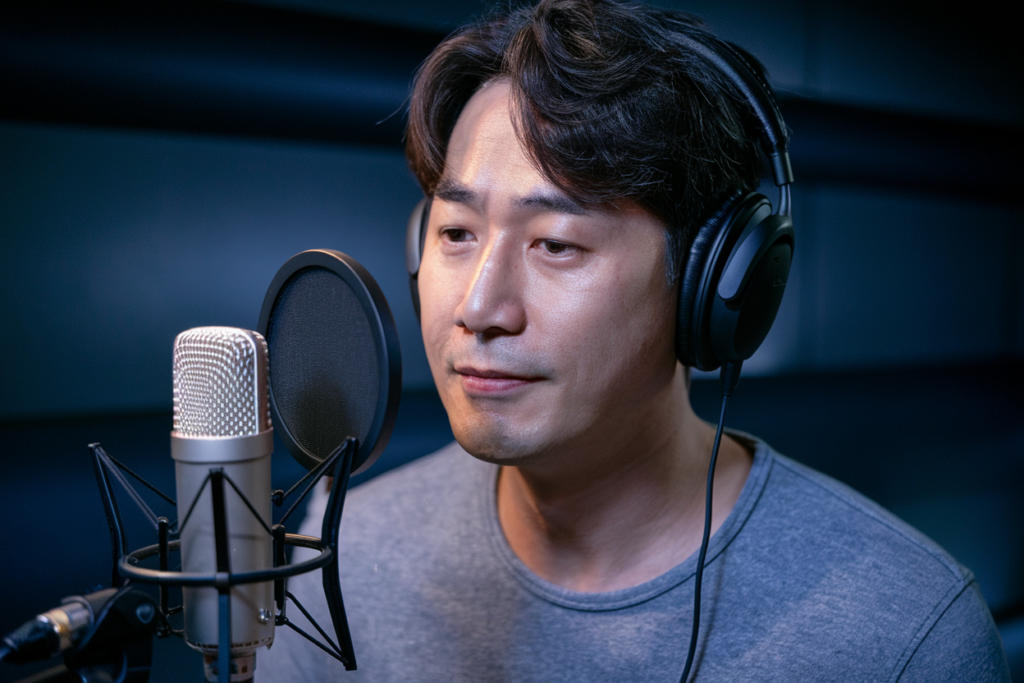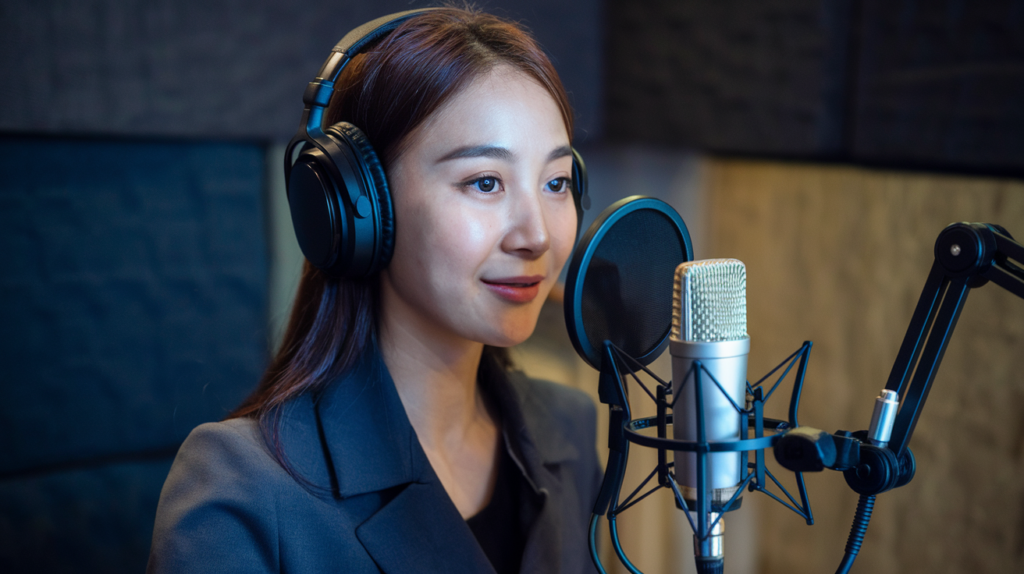Korean voice-over services play a vital role in bridging the gap between Korean-speaking audiences and global content. With the increasing demand for localized media, Korean voice-overs have become an essential tool for businesses, entertainment industries, and educational institutions. Below, we explore the intricacies of Korean voice-over services, including language, accents, and dialects, to provide a complete guide.
What Are Korean Voice-Over Services?
Korean voice-over services involve the use of professional voice talent to deliver audio content in the Korean language. These services cover a broad range of applications, including:
- Commercials: Ads tailored for Korean audiences.
- E-learning materials: Educational content voiced in Korean.
- Entertainment: Dubbing for movies, TV shows, and video games.
- Corporate videos: Training and promotional materials localized for Korea.
- IVR systems: Recorded prompts for customer service systems in Korean.
By ensuring the audio resonates with the cultural and linguistic nuances of Korean audiences, these services make content accessible, engaging, and impactful.
The Importance of Language in Korean Voice Over
The Korean language, known as Hangul, has unique phonetics and linguistic structures. When crafting Korean voice-over content, the following elements are vital:
- Accuracy in translation: Direct translations often miss cultural nuances. Adaptation ensures the message is effective and culturally appropriate.
- Pronunciation: Clear and authentic pronunciation of Korean words is critical to maintaining professionalism and relatability.
- Tone and style: Depending on the project type, the tone can range from formal for corporate videos to casual for entertainment.
Korean Accents and Their Role in Voice Overs
Although Korea is relatively homogenous linguistically, regional accents can play a significant role in voice-over projects. The most notable accents include:
- Seoul Accent: The standard Korean accent, widely used in media and education.
- Gyeongsang Dialect: Common in the southeastern region, this accent is known for its sharp tone and intonation.
- Jeolla Dialect: Spoken in the southwestern part of Korea, this accent is softer and more melodic.
- Chungcheong Dialect: A mix of northern and southern influences, offering a moderate tone.
- Jeju Dialect: Unique to Jeju Island, this is considered the most distinct dialect and might require additional adaptation for broader audiences.
Choosing the right accent depends on the target audience and the cultural relevance of the content.
Why Consider Dialects in Korean Voice Over?
Dialects add authenticity and relatability to your content. For example:
- A commercial targeting rural areas in the Gyeongsang region benefits from a voice-over in the Gyeongsang dialect.
- Entertainment content set in Jeju Island may require Jeju-specific speech patterns for realism.
However, standard Seoul Korean remains the preferred choice for content with a national or international audience due to its widespread understanding.
Types of Korean Voice Over Services
Korean voice-over services cater to diverse needs, including:
Dubbing Services
- Replace original audio with Korean voices for seamless localization.
- Used for films, TV series, and animated content.
Narration Services
- Clear and engaging narration for documentaries, audiobooks, and corporate presentations.
IVR and AI Voice Solutions
- Recorded prompts for Korean-speaking customers.
- AI-generated Korean voices for chatbots and virtual assistants.
Character Voice Acting
- Unique voices for characters in video games, animations, and more.
E-learning and Training Modules
- Localized voice-overs for instructional videos, ensuring clarity and relatability.
Finding the Right Korean Voice Talent
When choosing voice talent for Korean voice-over projects, consider:
- Native speakers: To ensure authentic pronunciation and cultural accuracy.
- Voice versatility: Ability to adapt tone, pitch, and delivery to suit different content types.
- Experience: Professional voice actors familiar with industry standards and practices.
- Specialization: Talent with experience in the specific type of content (e.g., e-learning, commercials, or character acting).
Conclusion
Korean voice-over services are essential for effectively reaching Korean-speaking audiences. By understanding the nuances of the Korean language, accents, and dialects, businesses and creators can ensure their content resonates deeply and delivers maximum impact. Whether it’s a Seoul-standard accent for a national campaign or a specific regional dialect for localized storytelling, Korean voice-overs unlock endless possibilities for meaningful communication.







